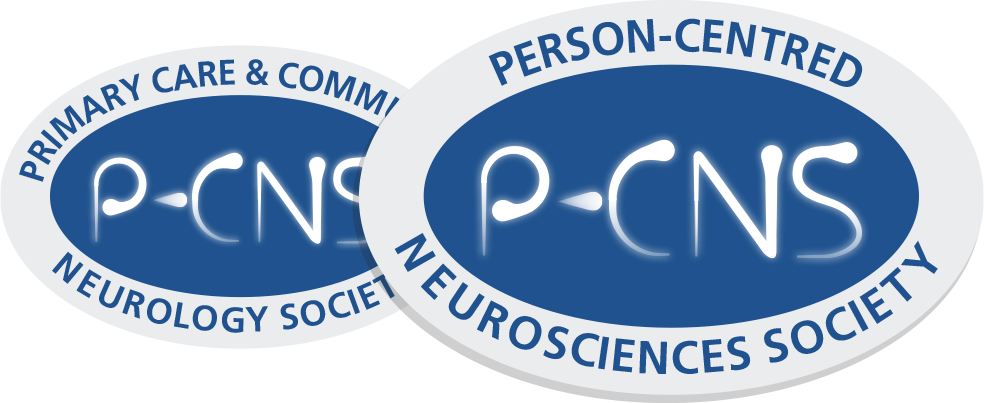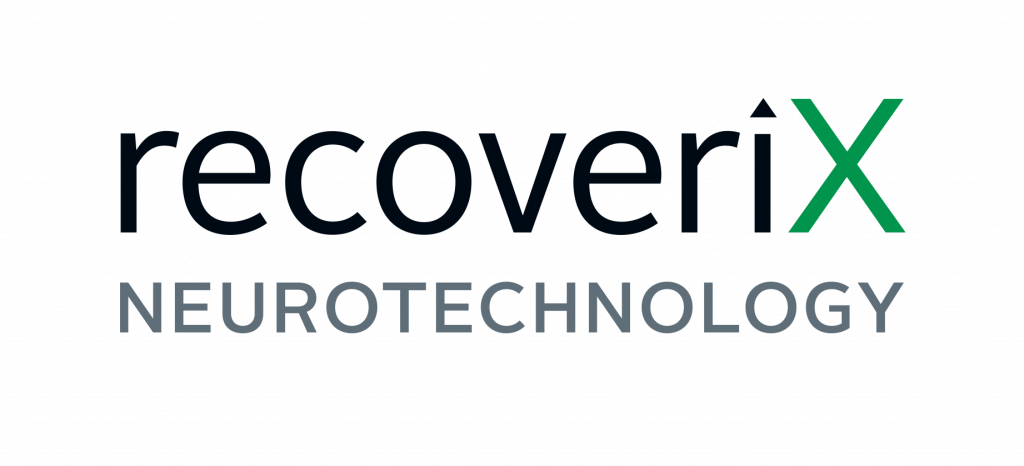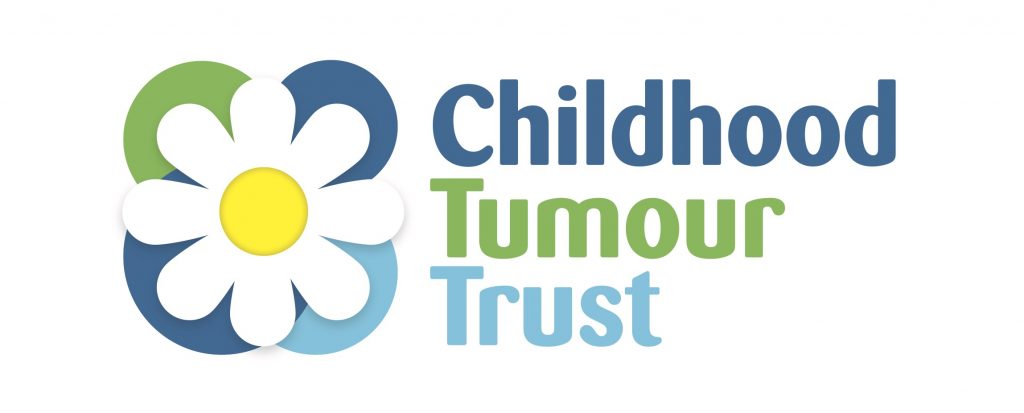Epilepsy Action
Epilepsy Action is a community of people committed to a better life for everyone affected by epilepsy.
We want high quality, accessible epilepsy healthcare services, so that people with epilepsy have the support they need to manage their condition.
We want wider awareness and understanding of epilepsy, so that people living with the condition are treated with fairness and respect.
MNDA
Motor neurone disease (MND) is a fatal, progressive neurological condition.
The MND Association is the only national charity for MND in England, Wales and Northern Ireland.
We support patients, carers and health and social care professionals.
Click here to read what support of materials are available for the health and social care professionals.
We campaign for better care.
We fund world class research.
Our helpline is for you and anyone affected by MND, call 0808 802 6262, or visit www.mndassociation.org
www.Facebook.com/MNDAssociation
@MNDAssoc
CHILDHOOD TUMOUR TRUST
We support children, young people & their families affected by Neurofibromatosis Type 1 (NF1)
There is a large unmet need for those who do not meet the criteria for specialist care and for them we are working to ensure better care and a pathway to the specialist centres when needed.
It is almost impossible to sum up NF1 in a sentence due to the complexity of the condition, but amongst a possible plethora of symptoms & manifestations are bone deformities, epilepsy, autism, and tumours which whilst described as usually benign can cause serious issues such as mobility issues, pain and blindness.
Diagnosis remains relatively poor and we have a campaign to raise awareness of the possible significance of cafe au lait marks amongst health care professionals, particularly in early years such as Health Visitors: These are a very visual sign that NF1 should be considered but are often dismissed as birth marks.
We have an online support group of almost 2000 members and provide ways of bringing families, children, and young people together through fun zoom sessions and days out.
We also provide an SEN Advisor to help in the education system.
For more information please visit our website, facebook page or email info@childhoodtumourtrust.org.uk



